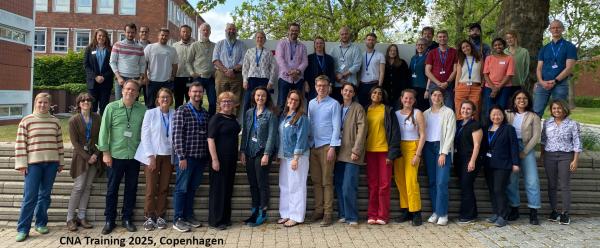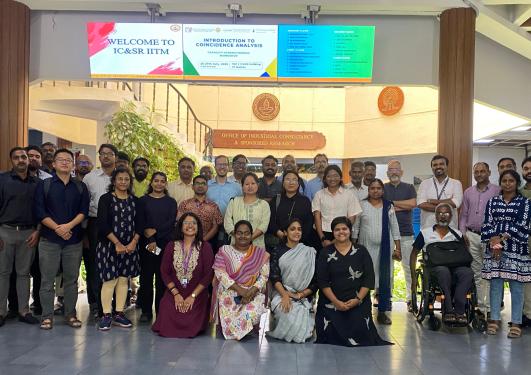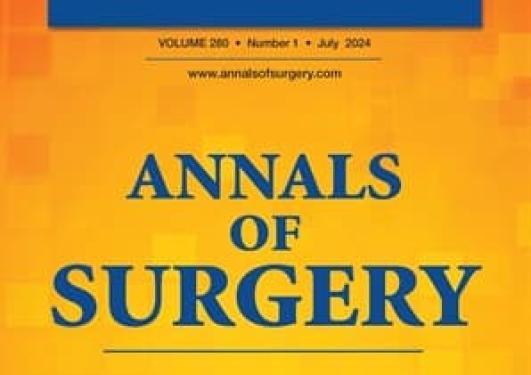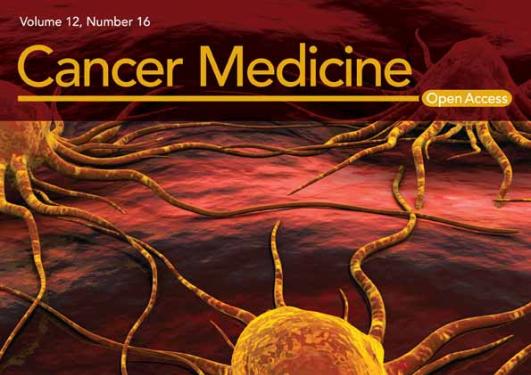
Registration open for the CNA Training 2026, which will take place at the University of California, Berkeley, School of Social Welfare, from June 8 to 11. The 5th International CNA Conference will be held at the same venue from June 12 to 13 (submit a paper).
Coincidence Analysis (CNA) is a configurational comparative method of causal inference and data analysis grouping causes into bundles that are jointly effective and placing them on alternative causal routes to their effects. The method is custom-built for uncovering multi-outcome structures, even when they produce no or only weak pairwise dependencies between endogenous and exogenous factors.
This page collects relevant information on CNA.
CNA was first introduced in (Baumgartner 2009a, 2009b), substantively re-worked and generalized in (Baumgartner and Ambühl 2020), and implemented in the software libraries cna, frscore, cnaOpt, and causalHyperGraph for the R environment for statistical computing. In recent years, CNA was applied in many studies in public health as well as in the social, political, and behavioral sciences, and its dissemination is growing rapidly. An overview of the literature is provided here and in the CNA Zotero library.
While most standard methods of causal data analysis require that causation manifests as some non-zero pairwise dependence between causes and effects in the data, CNA belongs to a family of methods--comprising Qualitative Comparative Analysis (QCA; e.g. Ragin 2008) or Logic Regression (LR; e.g. Ruczinski et al. 2003), among others--that are capable of analyzing structures in which causes and effects are pairwise independent. While standard methods primarily quantify effect sizes, CNA groups causal influence factors conjunctively (i.e. in complex bundles) and disjunctively (i.e. on alternative pathways). CNA is firmly rooted in the so-called INUS theory of causation (see Mackie 1974, Baumgartner and Falk 2023) and it is the only method of its kind that can process data generated by causal structures with multiple outcomes (effects), for example, causal chains.
Recent news
Open Positions Coincidence Analysis
- Associate Professor or Professor of Health Economics
- Postdoctoral Research Fellow position within Molecularparasitology and Fish immunology
- PhD position in systematics and evolution of Malagasy heathers (Erica; Ericaceae)
- Associate Professor (100%) in Photography
- Research assistant for the Horizon Europe Pro-Climate and Pro-Coast research projects





